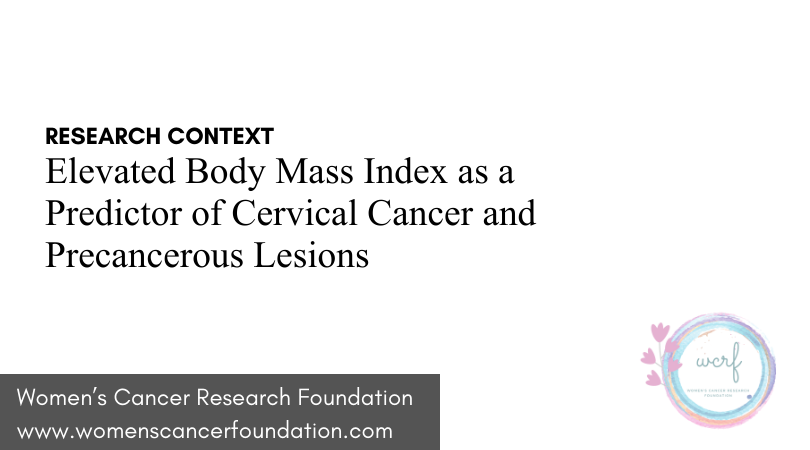Multicancer Detection Tests: What the Latest Evidence Reveals About Early Screening Promises
- Women's Cancer Research Foundation

- Sep 25, 2025
- 2 min read

At Women’s Cancer Research Foundation (WCRF), staying ahead of emerging science is critical to our mission. We continually monitor developments in cancer detection and treatment; especially those that spark hope for earlier diagnosis and better outcomes. One such advancement is multicancer detection (MCD) tests, which offer the potential to screen for multiple cancers through a single blood draw, even before symptoms arise. But do they deliver on that promise?
A new systematic review published in the Annals of Internal Medicine takes a closer look at the current data and what it reveals is both promising and cautionary.
A Recent Study Regarding Multicancer Detection Tests
Study Finds Insufficient Evidence Demonstrating Clinical Benefit of Multicancer Detection Tests
The U.S. Preventive Services Task Force currently recommends screening for four cancer types, including colorectal, cervical, breast, and lung cancer. Despite this, nearly 70% of cancer-related deaths in the United States are due to malignancies for which there is no screening test. Consequently, the advent of blood-based multicancer detection (MCD) tests offers a potentially substantive approach to detecting cancer at an early stage with just a simple blood draw before individuals experience any clinical signs or symptoms of disease.
However, a systematic review of these tests, published in the Annals of Internal Medicine, assessed their benefits, accuracy, and harms in asymptomatic patients. The findings indicated that no completed controlled studies reported benefits from these screening tests. Additionally, the review found that there is insufficient evidence to evaluate the harms and accuracy of MCD tests, and that accuracy varies by test and study design.
While the prospect of MCD tests is undeniably exciting, the science must catch up with the promise. As of now, there’s insufficient evidence to recommend their use for routine screening in asymptomatic individuals. At WCRF, we support rigorous, well-designed clinical research to validate new tools that can truly make a difference in early cancer detection—especially for cancers that lack established screening guidelines.
We remain committed to advancing evidence-based care for women everywhere and will continue to follow developments like these closely.
About Women’s Cancer Research Foundation:
The Women’s Cancer Research Foundation (WCRF) is one of the most active research organizations in the nation. We are dedicated to studying and evaluating novel treatments for women afflicted with breast, ovarian, endometrial, and cervical cancers. The WCRF persistently endeavors to make a difference in women’s lives by offering them hope, strength, and progress.





Comments